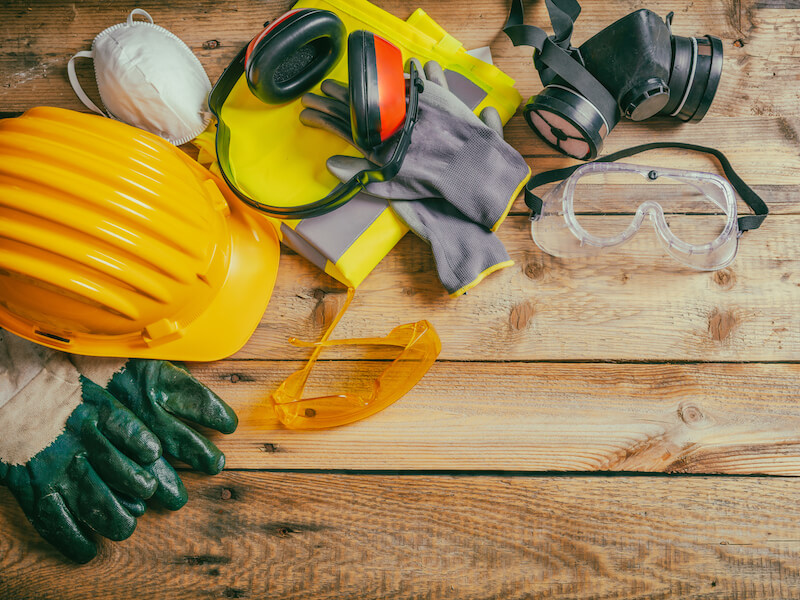
Every year, about 2 million workplace injuries are reported. When you think about on-the-job injuries, you might think of flying projectiles or a hand pulled into a piece of machinery at a factory.
But there is a far more insidious on-the-job injury that is even more common and frequently overlooked. It sneaks up on people really slowly over several years. Most people don’t even recognize it’s occurring until it becomes significant. Excuses are a normal reaction. “It’s just part of growing older” or “It’s not a permanent problem”. This is normal.
And it’s unusual for people to even acknowledge that their workplace is responsible for this injury.
The insidious injury is damaged hearing. There are a number of warning signs you should recognize, and there are essential steps you need to take if you believe the damage is already done.
Exactly When Does The Volume Become “Too Loud”?
Your hearing can be permanently damaged with regular exposure to as little as 85 decibels (dB) over a long period. Seventy-five dB, for example, is the average volume of a vacuum. Eighty-five dB for a lawnmower. A chainsaw or leaf blower creates more than 100 dB. And the volume of a gunshot logs in at 140 dB.
Are you at risk when in your work environment? Are you being exposed to the most common workplace injury? If you’re regularly exposed to something as loud as a lawnmower, even if it’s not constant, your hearing is likely to become damaged over time.
Symptoms of Hearing Damage
You’re definitely damaging your hearing if you work in a noisy environment without hearing protection.
Your experiencing hearing loss if you notice any of the following signs:
- Conversations sound muffled.
- Your friends and family tell you your TV, radio, or computer tablet volume is too loud.
- consonants get confused – “Todd” sounds like “Dodd,” for example.
- When you speak with people you constantly believe they are mumbling
- Loud noises cause pain in your ears.
- You regularly ask people to repeat themselves when they speak.
- You can’t understand the person speaking if there’s background noise.
- You hear ringing, whistling, or hissing even when it’s quiet.
- When people speak, you tend withdraw.
How is Hearing Damage Being Tackled by Employers?
In environments that are extremely loud, technology is being used by businesses or organizations to reduce workplace noise. Government agencies are endeavoring to update guidelines that will reduce workplace noise and protect employees.
As more employees become aware of the chronic damage they have suffered due to workplace noise, they are speaking out. Over time, their voices will lead to further change.
Preventing Additional Damage
If you work in a noisy environment, the best thing you can do is protect your ears before any damage occurs. Potential damage will be reduced by using protective earplugs or earmuffs.
If you suspect your hearing has been damaged by a noisy workplace, schedule a hearing test as soon as you can. When you identify the level of your hearing loss, you will learn how to prevent further damage going forward. We address any hearing damage you already have and formulate strategies to help you counter any additional damage.

